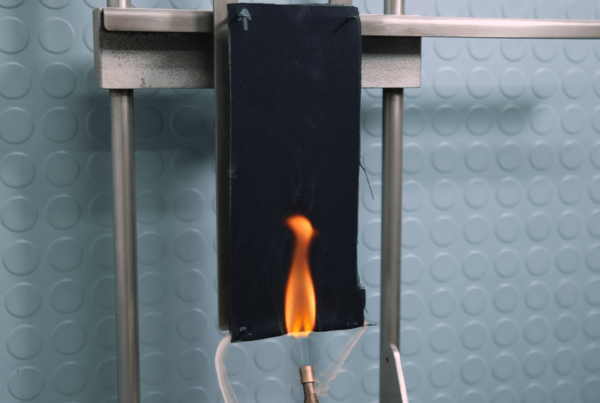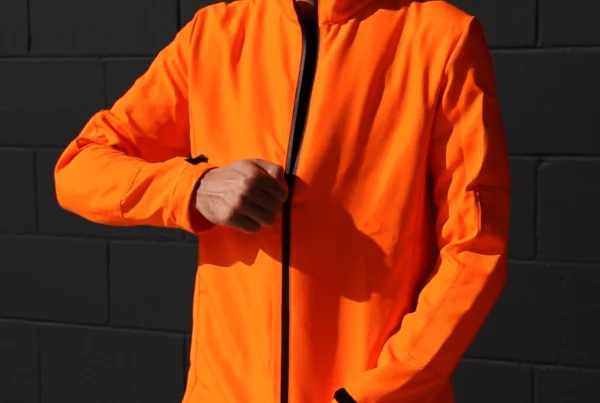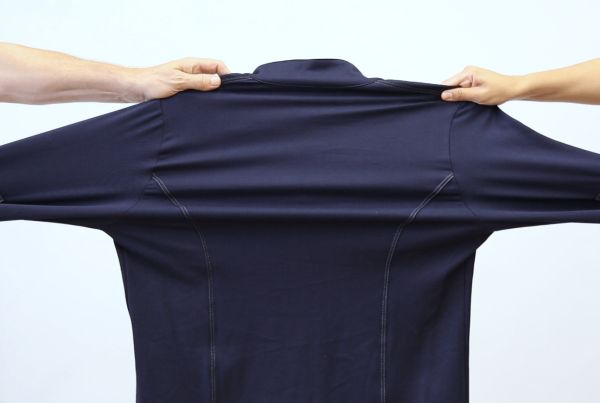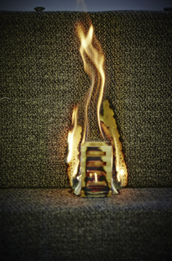
The global market for fire-retardant textiles is of great importance and presents a steady growth in sub-sectors of high added-value technical textiles such as Personal Protective Equipment (PPE), textiles for labor use, textiles for transport and home textiles, mainly. This market still largely consists of formulations of coatings based on compounds toxic to humans and the environment, mainly containing halogenated compounds and antimony for back coatings as well as formaldehyde for cellulosic fibers. Although there are currently environmentally friendly textile chemicals that are free of toxic compounds, they have not yet achieved the required functionality and performance (mechanical strength and resistance to washing). Therefore, exist a great need in the Textile industry to develop innovative, more sustainable flame-retardant textile coatings that maintain the required performance in their final application at reasonable manufacturing costs.
The main objective of the IGNICOAT project is to develop new flame-retardant textile coatings with improved properties through innovative, environmentally friendly, industrially scalable technologies at an acceptable cost.
To achieve this goal, MARINA TEXTIL y LEITAT will develop flame retardant coatings based on phosphate encapsulation to increase resistance to washing. In addition, the application of plasma technology to obtain flame retardant nanocoatings deposited by polymerization processes will be studied.
Atmospheric plasma curing processes will also be investigated. After completing the coatings, a superficial characterization of the coated fabrics and a validation of the flame retardant and mechanical properties are proposed under standardized tests methods will be considered. Finally, the possibility of industrialising the coatings will be determined on the basis of a technical, economic and environmental feasibility study.



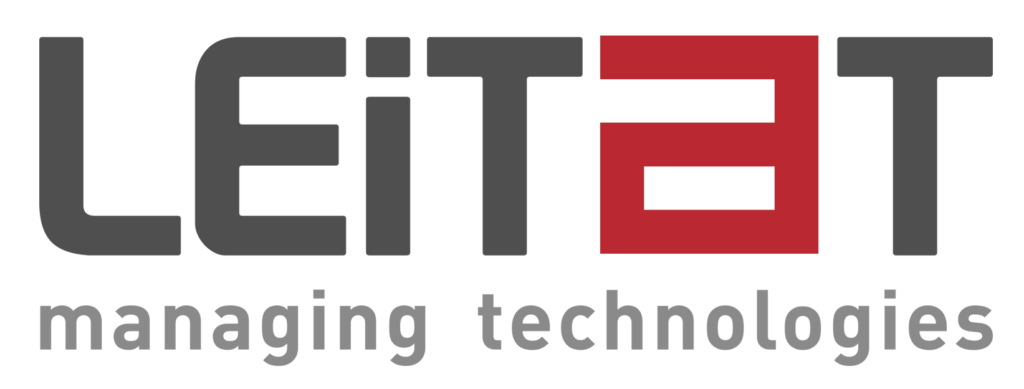
IGNICOAT project, RTC-2016-5708-5, funded by MICIU/AEI /10.13039/501100011033 and FEDER “Una manera de hacer Europa”


